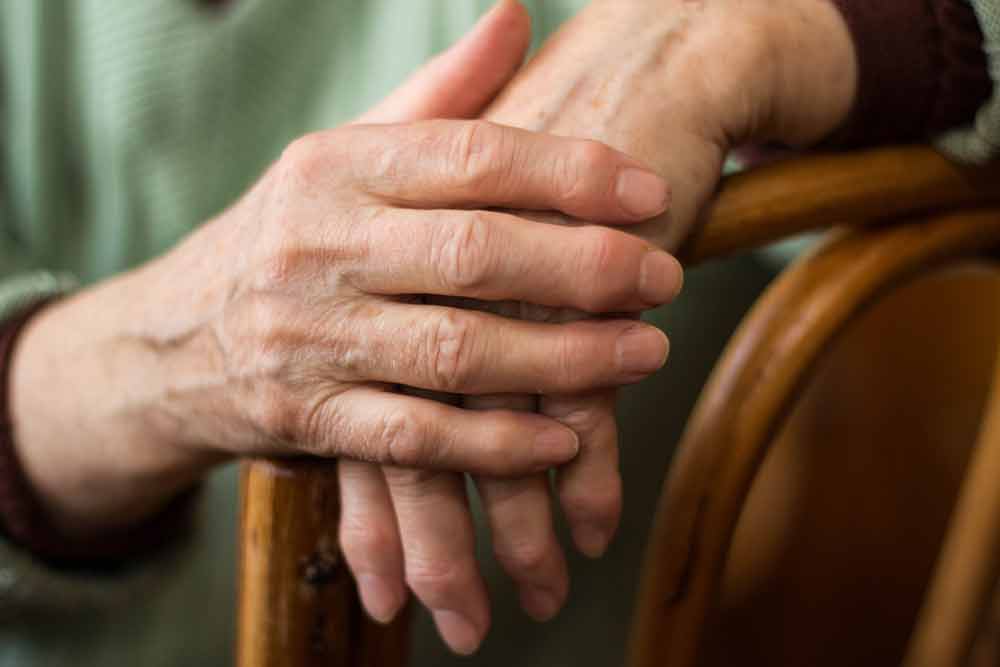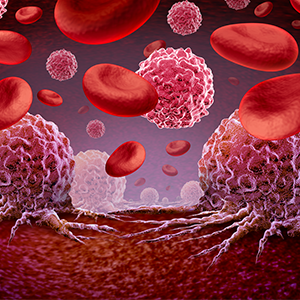-
Mayo Clinic Researchers Develop Accurate Way to Measure Growth Factor Linked to Aging
 ROCHESTER, Minn. — Researchers at Mayo Clinic have developed an accurate way to measure a circulating factor, called GDF11, to better understand its potential impact on the aging process. They found that GDF11 levels do not decline with chronological age, but are associated with signs of advanced biological age, including chronic disease, frailty and greater operative risk in older adults with cardiovascular disease. Results appear today in Cell Metabolism.
ROCHESTER, Minn. — Researchers at Mayo Clinic have developed an accurate way to measure a circulating factor, called GDF11, to better understand its potential impact on the aging process. They found that GDF11 levels do not decline with chronological age, but are associated with signs of advanced biological age, including chronic disease, frailty and greater operative risk in older adults with cardiovascular disease. Results appear today in Cell Metabolism.
“Aging is the primary risk factor for the majority of chronic diseases, so it is critical to identify and understand the biomarkers, or indicators, in the body that are linked to this process,” says Nathan LeBrasseur, Ph.D., director of the Mayo Clinic Robert and Arlene Kogod Center on Aging’s Healthy and Independent Living Program and senior author of the study. “The role of GDF11 as a biomarker of aging and its association with age-related conditions has been largely contradictory, in part, because of how difficult it has been to measure. We have developed a new way to measure GDF11 that is accurate and effective.”
A challenge of previous measurements was differentiating between the circulating levels of GDF11 and those of a highly-related protein, myostatin. To overcome this, researchers at the Center on Aging developed an extremely precise assay that can distinguish between unique amino acid sequence features, or “fingerprints” of GDF11 and myostatin.
Using this platform, researchers compared age-associated changes in GDF11 and myostatin in healthy men and women between 20 and 94 years old. They discovered that although myostatin is higher in younger men than younger women and declines in healthy men throughout aging, GDF11 levels do not differ between sexes nor decline throughout aging. In an independent cohort of older individuals with severe aortic stenosis, researchers found that those with higher GDF11 levels were more likely to be frail and have diabetes or prior cardiac conditions. Following valve replacement surgery, increased GDF11 was associated with a higher prevalence of re-hospitalization and multiple adverse events.
MEDIA CONTACT: Megan Forliti, Mayo Clinic Public Affairs, 507-284-5005, newsbureau@mayo.edu
“As a methodological advancement, our assay will be useful for better understanding the basic biology of GDF11 and myostatin, and through its use, we’ve discovered that GDF11 may be an important biomarker of frailty and comorbidity. It’s a great example of bench-to-bedside research with direct relevance to medical management decisions,” says Marissa Schafer, Ph.D., a postdoctoral fellow in Dr. LeBrasseur’s laboratory and lead author of the study.
Dr. LeBrasseur agrees that the findings could have important implications for future studies.
“Being able to accurately measure GDF11 has allowed us to demonstrate its relationship with the biological process of aging and its ties to negative health effects in older adults with cardiovascular disease,” says Dr. LeBrasseur. “This is a crucial first step, and we will need further studies designed to understand how we might be able to use GDF11 as a predictor of health outcomes as well as potential therapeutic benefits.”
The research was supported by Robert and Arlene Kogod, the Hoeft family, the Pritzker Foundation, the Glenn Foundation for Medical Research, the National Institutes of Health (NIH) and the Mayo Clinic Center for Clinical and Translational Science.
Others on the research team include Marissa Schafer, Ph.D., Elizabeth Atkinson, Patrick Vanderboom, Brian Kotajarvi, Thomas White, Ph.D., Matthew Moore, Charles Bruce, M.D., Kevin Greason, M.D., Rakesh Suri, Sundeep Khosla, M.D., Jordan Miller, Ph.D., H. Robert Bergen, III, Ph.D., all of Mayo Clinic.
###
About Mayo Clinic
Mayo Clinic is a nonprofit organization committed to clinical practice, education and research, providing expert, whole-person care to everyone who needs healing. For more information, visit http://www.mayoclinic.org/about-mayo-clinic or https://newsnetwork.mayoclinic.org/.
Related Articles







